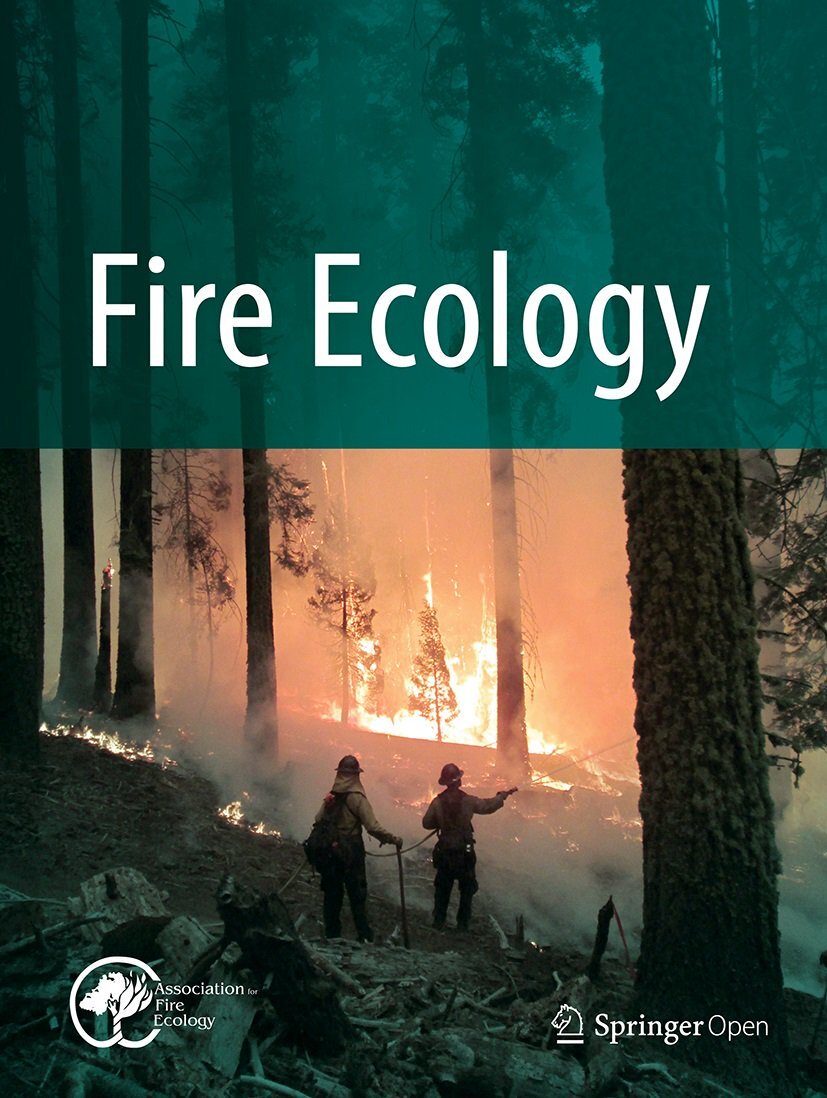CODE OF ETHICS
Preamble
Service to society is the cornerstone of our profession. Our profession serves society by promoting appropriate fire stewardship of ecosystems around the world. We share a deep and enduring interest in understanding and maintaining fire’s essential role in global ecosystems whose plants and animals depend on ongoing interactions with fire.
In our roles as practitioners, teachers, researchers, advisers, administrators, and fire managers –members seek to better understand past, contemporary, and future fire regimes under climate change. We actively share this understanding and improve upon it with other scientists, educators, students, managers, practitioners, policymakers, and interested citizens.
We protect and serve society by inspiring, guiding, and governing members in the conduct of their professional lives. Our compliance with this code demonstrates our deep connection with landscapes, our respect for the land and its people, and our commitment to the long-term management of ecosystems. It also ensures just and honorable professional and human relationships, mutual respect, and competent service to society.
TO Share feedback or report a non-urgent issue
You can email the AFE office or complete this form to submit comments, reports, and other information you'd like to share with AFE.
Principles and Pledges
On joining the Association for Fire Ecology, members assume a special responsibility to the profession and to society by promising to uphold these principles and pledges:
Fire ecologists and practitioners advise and responsibly advocate for fire management that maintains the intergenerational capacity of lands to provide material resources, uses, and values desired by land managers, Indigenous Peoples, and society.
Sound science is the foundation of our profession. We personally strive for continuous improvement of our methods, knowledge, and skills. We pledge to perform only those services for which we are qualified and to use the most appropriate data, methods, and technology.
We pledge that to the best of abilities, public policy related to fire management is based on sound scientific principles, and Indigenous and societal values. We apply our knowledge and skills to help formulate these sound policies.
We pledge ourselves to honest, respectful, professional, and open communication. We respect information shared in confidence and protect those confidences. We present, to the best of our ability, accurate and complete information. We indicate on whose behalf public statements are made, and we disclose and resolve any real or apparent conflicts of interest.
Our professional and civic behavior is based on honesty, fairness, good will, and respect for the law. We conduct ourselves in a civil and dignified manner. We respect the needs, contributions, and viewpoints of others.
We give due credit to others for their methods, ideas, assistance, and intellectual contributions.
We prohibit abusive language, harassment, discrimination, and any actual or threatened violence towards any individual or group, and any conduct endangering the life, safety, health or well-being of others.
Through our work to promote the sound application of fire ecology knowledge and practice, we demonstrate a commitment to the public good, respect for the dignity and worth of individuals, a desire to be inclusive, diverse, and just. We engage ourselves in our collective mission with transparency, integrity, and honesty.
The Association for Fire Ecology’s Bylaws (https://fireecology.org/bylaws) specify processes through which a member or participant’s violation of this code of ethics may lead to reprimand, censure, expulsion from the Association, or other disciplinary action.
Any two persons may charge a member or participant in AFE activities with violation of the code. Such charge is made in writing to the AFE President or a Board member and must refer to the specific Pledge(s) that they allege have been violated.
*Our Code of Ethics was adapted with permission from the Society of American Foresters. AFE's latest updates were made in August 2024.


